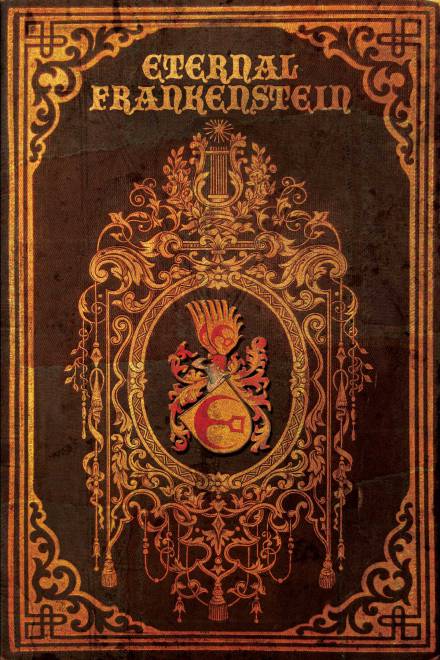In the coming weeks, I will be reviewing the new Word Horde anthology Eternal Frankenstein, edited by Ross E. Lockhart. As was the case with my read-a-thon of Swords v Cthulhu, I will be tackling the anthology story by story, and my reviewing method will be peppered with the cultural associations that each of these stories inspire. These will be presented with no excuse, apology or editorial justification.

Postpartum by Betty Rocksteady
And so, Ross E. Lockhart impresses me with his sharp editorial skills once again. Just last review, I was speaking about how we in fact don’t speak about Frankenstein as a book about artistic creation all that often, spurred on by what seemed to be a subtle treatment of that very same strand in Michael Griffin’s novelette ‘The Human Alchemy’.
But turn the pages over to the next story on the TOC — Betty Rocksteady’s ‘Postpartum’ — and bang! there it is. Nothing subtle about it: Rocksteady decides to not only place that metaphor at the front and centre, but to make it the main motivating engine of her contribution to Lockhart’s anthology.
However, the title also suggests a more pained and universal fact of human life, and one that will also remind us of another key element in the fabric of Mary Shelley’s original text. Rocksteady’s protagonist is a reluctant teenage mother who has lost her sweetheart soon after their baby — the poor, unfairly derided Timmy — is born, and her first-person narration does very little to endear us to her plight beyond the fundamental misery, and recent tragedy, that underlies her existence.

Still from Hannibal, ‘Trou Normand’ (Season 1, Episode 9)
Rocksteady uses this to create suspense — the central artistic creation could easily be something out of NBC’s Hannibal — but the idea of a mother rejecting her child of course also recalls Victor Frankenstein’s heart-breaking (and instant) rejection of his own Creature.
But where Victor Frankenstein is all neurotic self-justification in his own version of events — really, it reaches Humbert Humbert like proportions at times — Rocksteady’s teenage narrator has no such qualms, coming across as bratty at best and downright spiteful at worst. This only increases the aforementioned suspense, because in that mental state, our otherwise powerless (psychically and economically) protagonist gains an unsettling degree of amoral freedom.
Rocksteady’s story is at its most affecting when the emotional satisfaction of creating art is being detailed: the only real relief that our narrator gets, and one that his sanctioned by her doting mother, who knows full well that art is her only real method of release. The trouble is that the raw matter used in the act of creation preclude the essential beauty of the idea, much like Victor Frankenstein’s ambitions to create life ex nihilo lose their luster when confronted with the groaning hodge-podge Creature springing into life and demanding to be recognised and loved.
A taboo-prodding tale with a shocking ending that’s fully earned.











